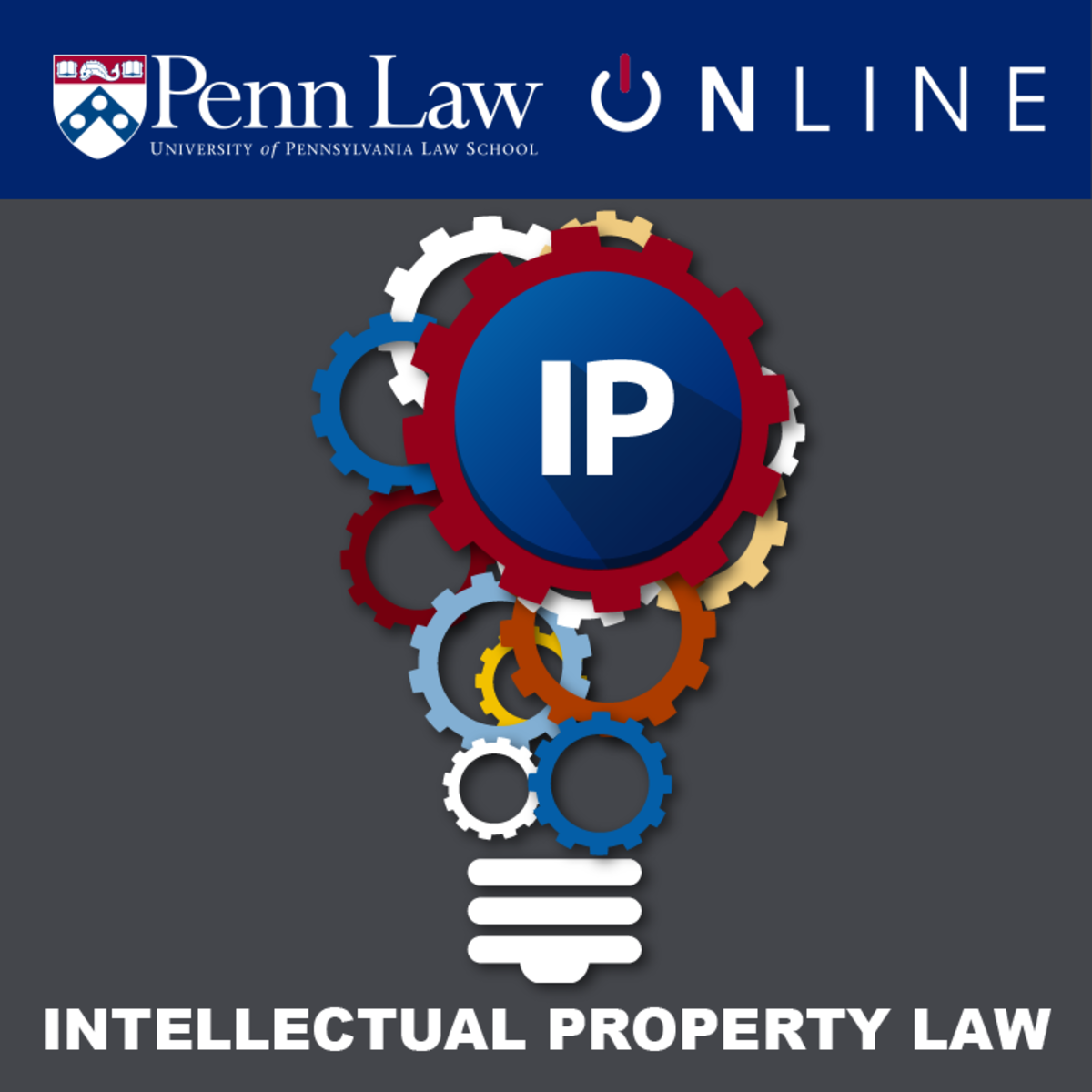Back to Courses









Business Courses - Page 25
Showing results 241-250 of 2058

Legal Contracts and Agreements for Entrepreneurs
This course focuses on how legal contracts may impact or impede the success of aspiring and active entrepreneurs. We explore a wide variety of legal considerations, including:
* What types of legal contracts and agreements are appropriate for which entrepreneurial activities and actions?
* What is the role of torts, liability, and negligence in creating and managing products and services?
* How should contracts and sales agreements be created, evaluated, and negotiated?
* What legal considerations are applicable when raising financial capital?
"Legal Contracts and Agreements for Entrepreneurs" is one of three courses in the "Legal Aspects of Entrepreneurship Specialization" by Coursera and the University of Maryland. This specialization explores the critical legal and business issues entrepreneurs face as they build and launch a new venture. Learners examine real-world scenarios and address legal and business issues from ideation to all of the important junctures along the path to success. Significant attention is placed on new venture formation, intellectual property management, and contracts and financing arrangements.

Identify UX Opportunities with Service Blueprints in Miro
By the end of this project, you will be able to design a service blueprint that serves as a point of shared understanding, informs a smooth service process, and collects quantifiable metrics to identify opportunities for continuous improvements.
To identify UX opportunities with a service blueprint visualization, you will gain hands-on experience applying design thinking, user interface knowledge, context from each step of the customer experience, and business intelligence integrations in the Miro online visual collaboration platform for teamwork.
Note: This course works best for learners who are based in the North America region. We’re currently working on providing the same experience in other regions.

Procurement Negotiation
This course will teach you the necessary negotiation skills to be successful.
We will be covering the overall negotiation process, how to establish objectives (e.g.Most Desirable Option (MDO), Least Acceptable Alternative (LAA), Best Alternative To a Negotiated Agreement (BATNA)), what type and how to gather facts and collect information, the importance of developing a plan, learn your negotiation style, how to use, recognize and counter various tactics, understand the difference between positions vs. interest and need and wants, and lastly what you need to do after the negotiation is complete.
This course will be supported by video, readings, a personal style survey, a podcast, and a required "mock" negotiation with a Peer group assessment.

Excel Time Series Models for Business Forecasting
This course explores different time series business forecasting methods. The course covers a variety of business forecasting methods for different types of components present in time series data — level, trending, and seasonal. We will learn about the theoretical methods and apply these methods to business data using Microsoft Excel. These forecasting methods will be programmed into Microsoft Excel, displayed graphically, and we will optimise these models to produce accurate forecasts. We will compare different models and their forecasts to decide which model best suits our business' needs.

Financial Forecasting and Reporting
This course discusses how public projects are evaluated using cost-benefit analysis. Learners discover how interest rates and prices for stocks and bonds are determined. Techniques are presented on how to create departmental budgets for engineering cost centers and pro forma statements for profit centers. Learners then work with corporate financial statements to assess a company’s financial health, including recent measures of environmental, social, and corporate governance (ESG).
This course can be taken for academic credit as part of CU Boulder’s Master of Engineering in Engineering Management (ME-EM) degree offered on the Coursera platform. The ME-EM is designed to help engineers, scientists, and technical professionals move into leadership and management roles in the engineering and technical sectors. With performance-based admissions and no application process, the ME-EM is ideal for individuals with a broad range of undergraduate education and/or professional experience. Learn more about the ME-EM program at https://www.coursera.org/degrees/me-engineering-management-boulder.

Conflict Resolution Skills
Resolving conflict in a positive manner is a skill that can be developed and practiced. Being heard can be one of the most important goals of someone engaged in conflict. Knowing how to listen and deploy appropriate communication tactics is determinative of whether a conflict will have a positive or negative resolution. Examine listening skills, appropriate and strategic verbal and non-verbal communication skills, and how to assemble a conflict management plan likely to yield positive resolutions.
Upon completing this course, you will be able to:
1. Use active listening skills when dealing with conflict
2. Choose appropriate communication tactics when dealing with conflict
3. Create a usable plan for managing conflict

Introduction to Intellectual Property
Intellectual property is the currency of the tech world, with the world’s most valuable intellectual property assets dwarfing the value of their real-world counterparts. Apple’ trademarked brand was valued at over $100 billion as of 2017. J.K. Rowling’s Harry potter franchise has generated over $25 billion to date. But how did the law come to create such enormous value in intangible assets?
This course will introduce the various types of U.S. intellectual property: patents, which cover inventions and process innovations; copyright, which protects original works of authorship; and trademarks, which protect a business’ commercial identity as the source of valuable goods and services. You will then explore case studies of how global businesses have used intellectual property law to generate enormous value from these intangible assets.

Smart Cities – Management of Smart Urban Infrastructures
Learn about Smart Cities within the context of management of urban infrastructures. The introduction of Smart urban technologies into legacy infrastructures has resulted in numerous challenges and opportunities for contemporary cities and will continue to do so. This course will help you to understand how to make the best of these smart technologies in your cities’ legacy infrastructures.
Over the past few years, advances in the Information and Communication Technologies (ICTs) have significantly challenged the traditionally stable land scape of urban infrastructure service provision. This has resulted in increasing interest from both technology vendors and public authorities in the transition of cities towards so-called “Smart Cities”. Although such “Smart technologies” can provide immense opportunities for citizens and service providers alike, the ICTs often act as disruptive innovators of urban infrastructure service provision.
In this MOOC, you will gain a thorough understanding of the challenges and opportunities associated with the Smart urban infrastructures, namely Smart urban transportation and Smart urban energy systems. Over the journey of this 5-week online course you will learn about the most important principles for the management of Smart urban infrastructures as well as the applications of these principles in the transportation and energy sectors.
This course does not have any prerequisites. However, to take the most away from of this MOOC, we strongly encourage you to enroll in our other MOOC on the Management of Urban Infrastructures, which has been widely praised by learners.
Through this course, you will:
- Gain a deep understanding of the nature of disruptive innovations (smart technologies) in urban infrastructure systems;
- Learn about state-of-the-art strategies for effectively managing the transition from legacy infrastructures to smart urban systems;
- Study the management of the transition phase from legacy infrastructure systems to smart cities by supporting innovations while avoiding early lock-in; and
- Understand potential applications of the materials learned in this course within the context of the management of smart urban transportation systems as well as smart urban energy systems.

Create a Business proposal with Visme for businesses
At the end of this project, you will have all the basic skills to create a Business proposal using Visme, an online tool for designing and editing Marketing visuals. You will be able to design a professional Business proposal in which you describe your company and your offer in detail.
This project is intended for professionals of all levels, small and medium-sized businesses, people who have never used Visme to create business content. It is ideal for those who would like to use Visme for their professional projects.

Negotiation Skills and Effective Communication
We start making negotiations as soon as our day begins, through all our interactions, either work, social, or family-related. But have you ever wondered how efficiently you negotiate, and whether you could be better at it? This is a straightforward opportunity to put into practice all the knowledge you have acquired, and to confirm that the negotiation process is dynamic and can always be improved.
The course integrates the most recent advances in the development of negotiation skills, based on modern life complexities, in a simple and direct way.
We start out with the structure of effective communication in a negotiation, with the intention of identifying our opportunity areas, and improving them through active learning mechanisms.
And what can we say about the role emotions play in a negotiation process? It is necessary to acknowledge , manage, and take advantage of them by using emotional intelligence mechanisms.
Negotiation, by definition, implies the relationship between two or more parties who eventually express opposing interests and demand skills for problem-solving. In this course you will learn to identify and manage its irreversible consequences in advance.
Popular Internships and Jobs by Categories
Browse
© 2024 BoostGrad | All rights reserved


